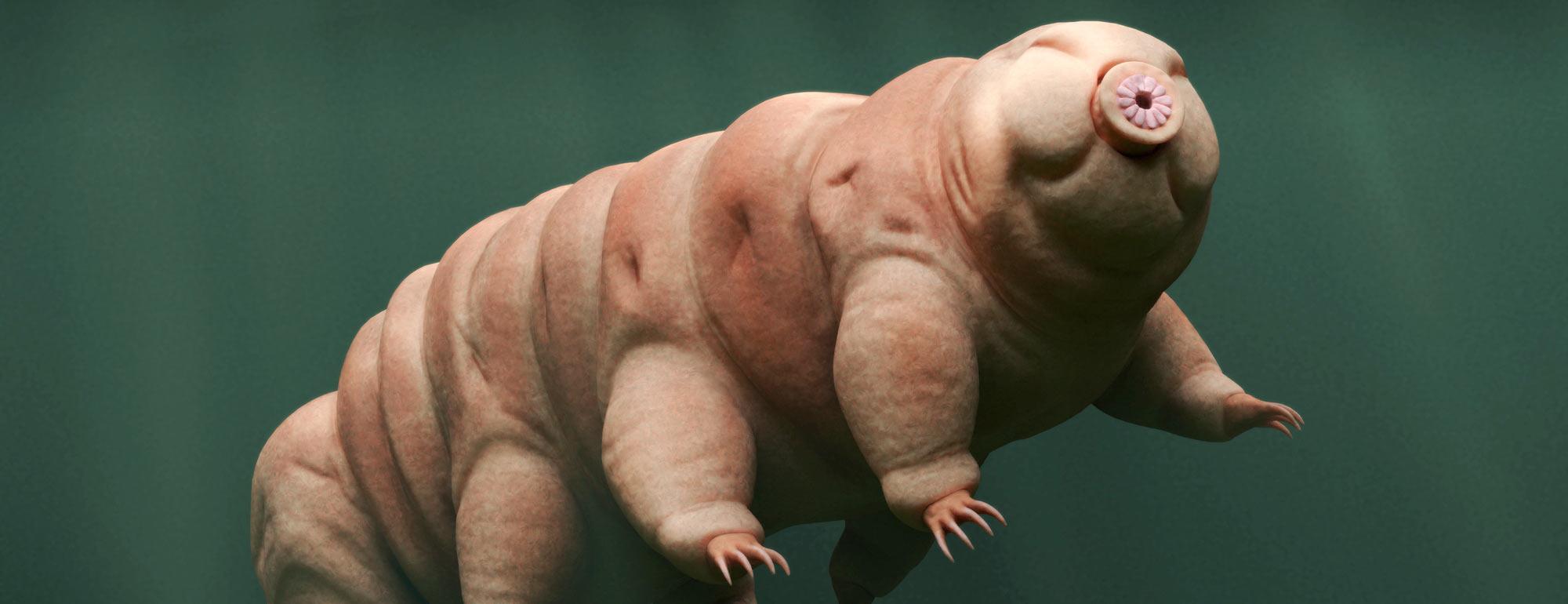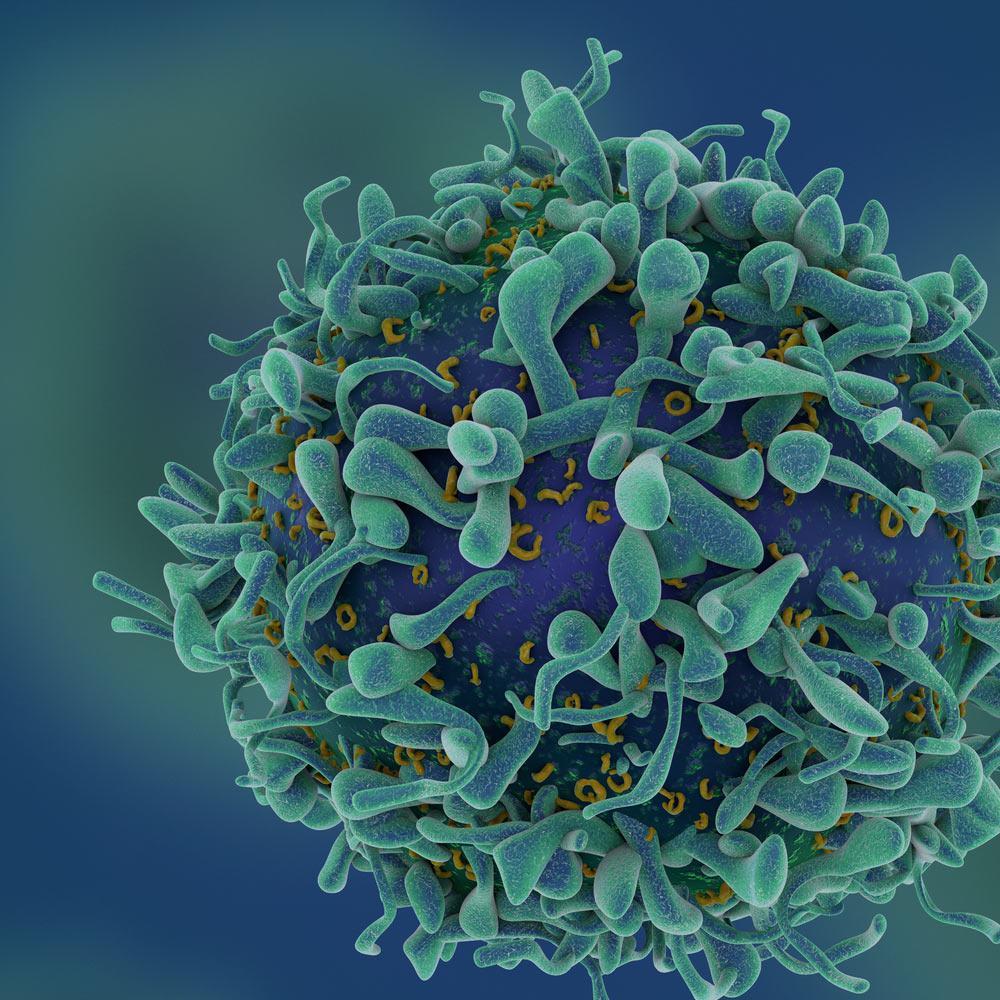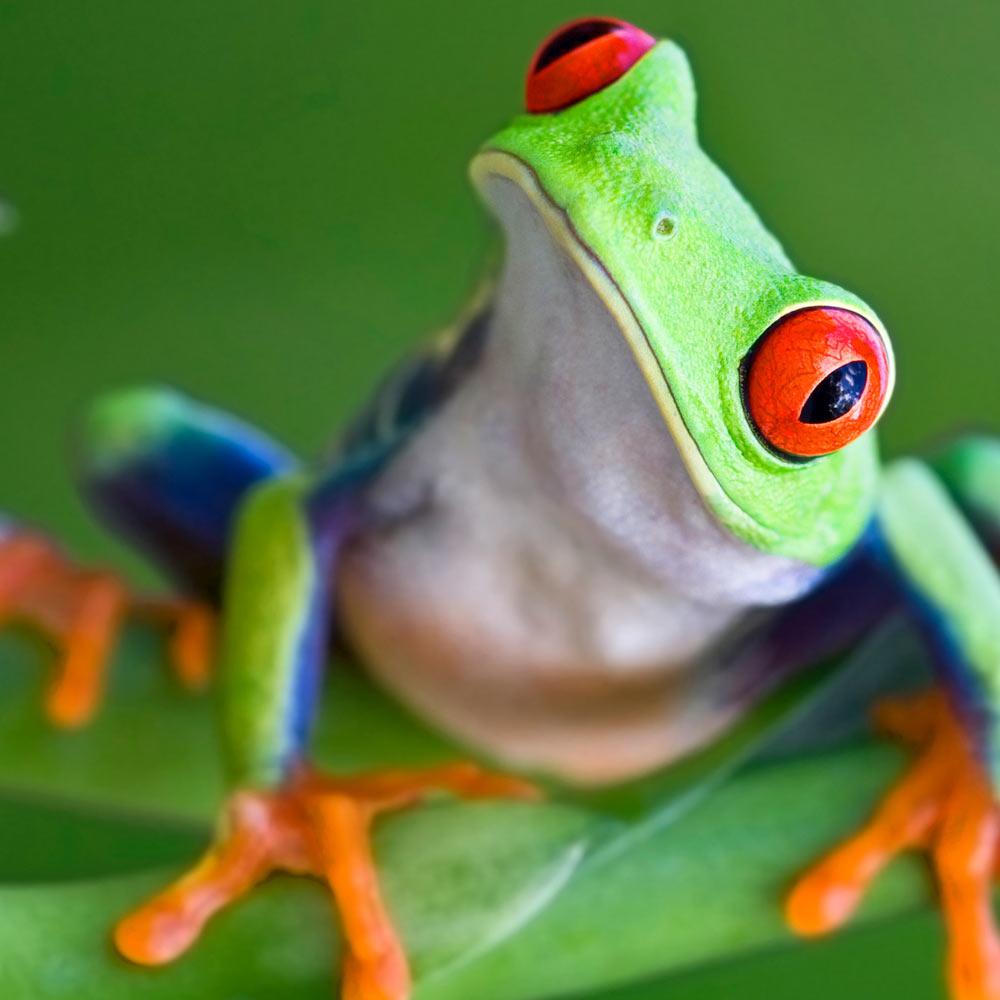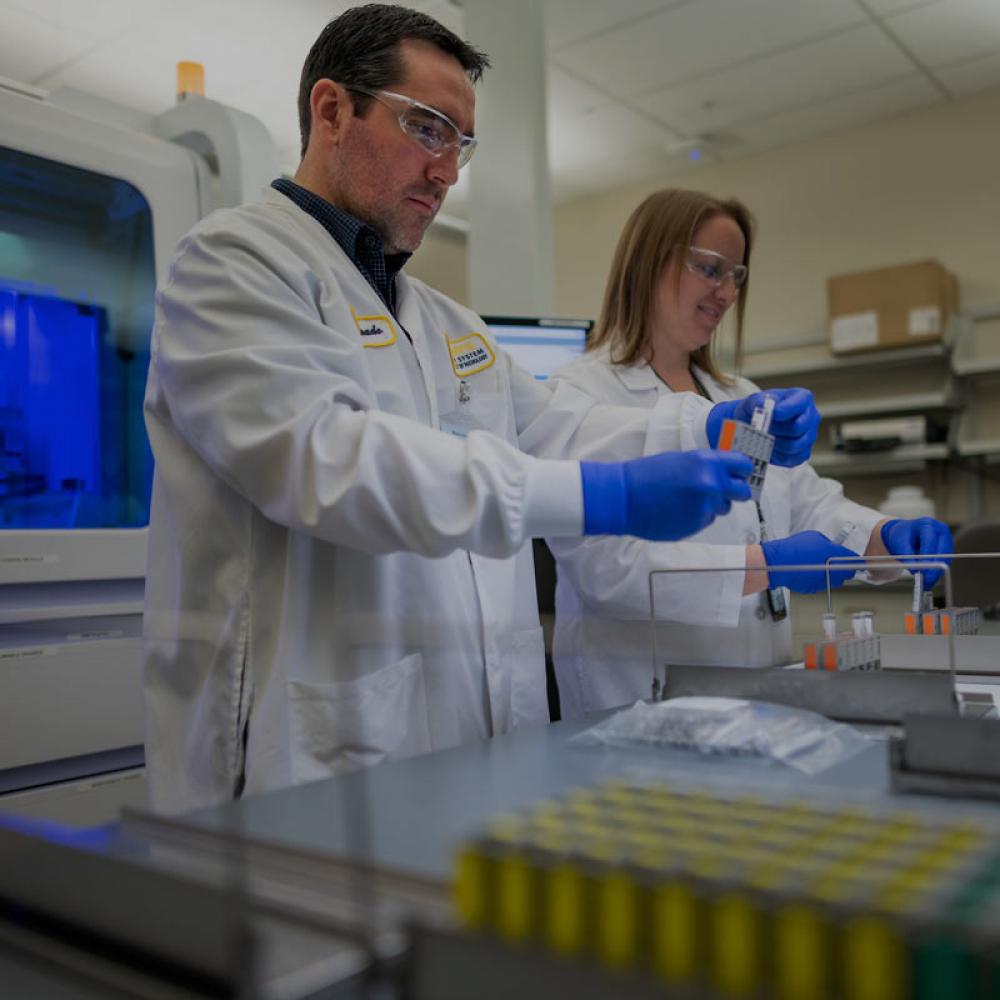
All living things depend on water, but a handful of organisms including tardigrades, brine shrimp and baker’s yeast can survive for long periods in a dehydrated state. Professor John Crowe and his wife, biophysicist Lois Crowe, working at the UC Davis Department of Zoology and later Department of Molecular and Cellular Biology, discovered that these organisms make a sugar called trehalose that replaces water in cells, protecting them from damage until they can be rehydrated. Their discoveries have led to a wide range of innovations in food preservation and medicine, for example in freeze-drying of drugs and vaccines. They also have potential for preserving human red blood cells and platelets.


